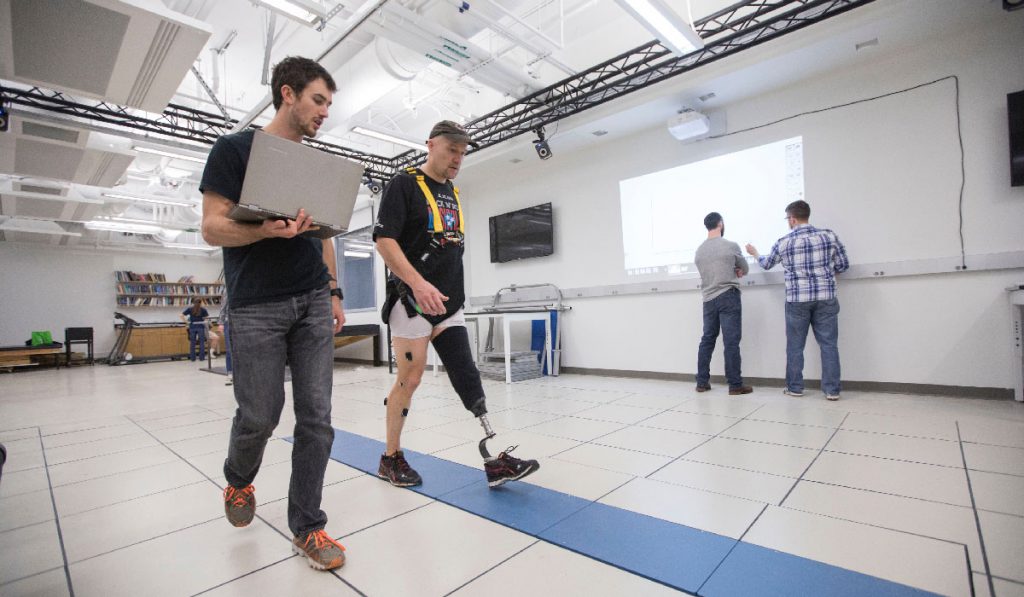Hypophosphatasia (HPP) is a rare, inherited metabolic disorder characterized by defective bone and teeth mineralization and a deficiency of tissue non-specific alkaline phosphatase enzyme. The clinical form of the disease depends on the patient’s age at diagnosis, ranging from perinatal, resulting in stillbirth without mineralized bone, to odontohypophosphatasia, characterized by early loss of teeth without bone symptoms.
Genetic inheritance is autosomal recessive for the perinatal and infantile forms but either autosomal recessive or autosomal dominant in the milder childhood and adult forms. Prenatal assessment of severe HPP through DNA testing is possible, but genetic counseling is complicated by the variable inheritance pattern and by incomplete penetrance of the trait. The exact prevalence of HPP is not known, but it is estimated to be 1 in 100,000.
Current Treatment Options
There is no curative treatment for HPP. Currently, enzyme replacement is the most promising therapy. Today, clinical management focuses on managing symptoms, and the most advanced centers incorporate a multidisciplinary team of specialists including rheumatologists, ophthalmologists, dental and oral surgeons, orthopedists and physical therapy/occupational therapy/speech-language pathologists.
Developing Management Guidelines
A new study, a collaborative effort between Vanderbilt University Medical Center’s Program for Metabolic Bone Disorders and Pi Beta Phi Rehabilitation Institute, aims to develop guidelines and strategies for treating and managing this rare disease. The study is supported by the Maher Family Grant from Soft Bones, Inc., an organization dedicated to providing information, education and support to those affected by HPP.
“We are excited to receive this grant, which will allow us to directly study physical impairments, abnormalities in movement and cognitive deficits in both adolescents and adults with HPP,” said Kathryn Dahir, M.D., professor of medicine in the Division of Diabetes, Endocrinology and Metabolism. “Findings from this study will be used to develop strategies for patients, families and their doctors to better identify problems and make appropriate referrals to specialists when needed.”
Chrissy Durrough, a licensed physical therapist at Pi Beta Phi Rehabilitation Institute and co-principal investigator on the grant, facilitated the development of the rehabilitation component of the project. “There is still so much to learn about this complex disease,” Durrough said. “My colleagues in occupational therapy and speech-language pathology and I are excited to participate in this truly collaborative study to facilitate further understanding of HPP and to optimize multidisciplinary treatment techniques.”
Other New Research
In addition to this study, Dahir and her colleagues are partnering with the Biomechanics & Assistive Technology Laboratory at Vanderbilt University to use state-of-the-art 3D motion analysis equipment to test for abnormalities in gait and muscle weakness in adolescents and adults with HPP.
“In physical therapy, we are most interested to see the correlation between in-clinic assessments and 3D motion analysis. This information may lead to further examination of treatments for gait abnormalities, including exercise prescription, utilization of assistive devices and wearable technology, and patient education.”
This is the fourth research grant Soft Bones, Inc. has awarded since its founding in 2008. The Scientific Advisory Board for the organization selected Dahir’s study to support the need for individualized research to understand the diverse problems of HPP in adolescents and adults.







